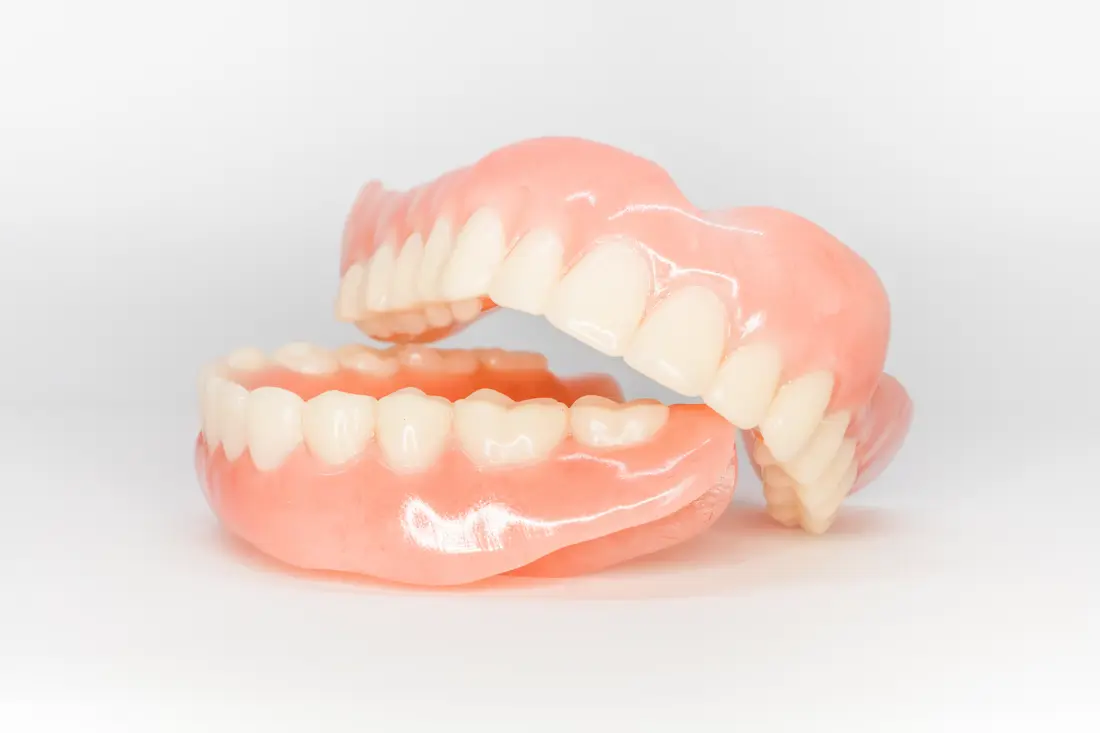Complete & Partial Dentures

A denture or a partial denture is a removable dental appliance and a replacement for edentulous areas and surrounding tissues. They are designed to resemble your real dentition and even enhance your smile.
There are 2 categories of dentures - partial and complete dentures. Complete dentures are ideal when there are no remaining teeth, while partial dentures are the treatment option when multiple teeth still remain. A partial denture not only restores the gaps created by lost teeth but also maintains the dental arch balance.
Reasons to need dentures:
Improving eating, articulation, and digestion
Enhancing smile and facial tissues
Partial Denture
Loss of several teeth in an arch
Complete Denture
Edentulism
What does getting a denture entail?
The process of fabricating dentures requires multiple visits, typically over several weeks. Extremely accurate impressions and measurements are considered and used to fabricate your custom denture. Several “try-in” visits may be needed to guarantee proper fit, anatomy, and color. At the final visit, your Brooklyn Dentist, Dr. Shahin, will precisely adjust and place the denture, ensuring an aesthetic and snug fit.
It is expected to experience increased salivary flow, gum soreness, and possible speech and chewing difficulty right after the delivery of the dentures, however, this will subside as your tissues get used to the dentures.